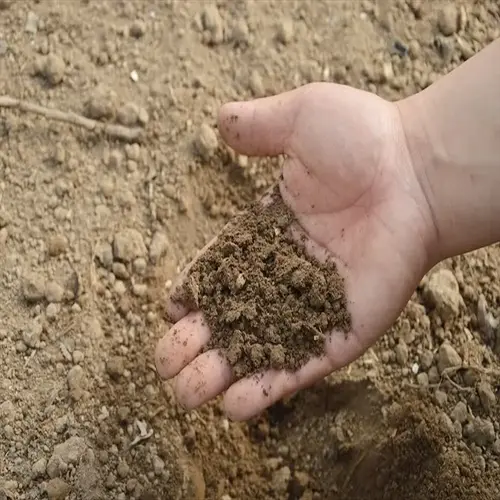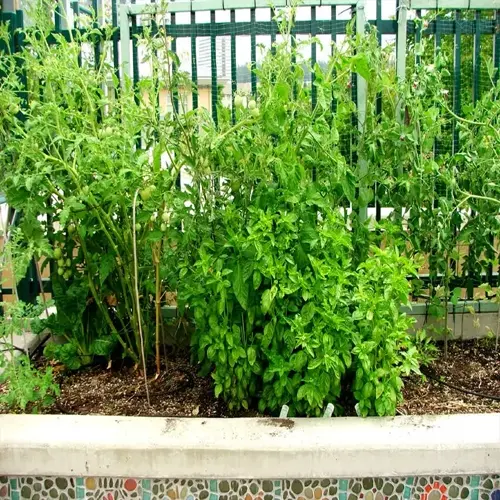Can coffee grounds help tomato plants?

Written by
Olivia Mitchell
Reviewed by
Prof. Charles Hartman, Ph.D.The use of coffee grounds for tomato plants is a controversial topic among gardeners. Fresh coffee grounds slightly acidify the soil, so if your soil pH is above 7.0, it can be beneficial. But, I tried it one season and had ample mold with the wet spring weather. Decomposing coffee grounds do not release much nitrogen to the plants, and it takes a while, months, to become available to the plants.
Benefits
- Lowers pH by 0.5 units in alkaline soils over 3 months
- Adds 2% nitrogen content after complete decomposition
- Improves texture in clay soils when mixed at 25% volume
- Deters slugs when applied as a perimeter barrier
Risks
- Promotes fungal growth when applied thickly on soil surface
- Attracts fungus gnats in consistently moist conditions
- Lowers calcium availability affecting fruit development
- Creates water-repellent crust if not mixed thoroughly
Proper Usage
- Compost grounds first for 60 days before application
- Limit to 0.5 inch layer mixed into topsoil monthly
- Combine with lime to balance pH in acidic soils
- Avoid using near seedlings or newly transplanted tomatoes
It is important to process composted grounds properly before using them. Even if you process your own grounds, I usually layer my compost bin grounds with brown materials, like leaves. Compost piles, like anything in life, need to breathe so I turn mine weekly for evenly distributed decomposition. In about two months, grounds become safe organic material. Remember: never use fresh grounds straight on your plants.
Select the option that best suits your individual situation. It is always best to utilize compost tea for balanced broad spectrum nutrition (without the worry of affecting pH), and add gypsum for calcium (without acidity). If nitrogen is the deficient factor, alfalfa meal is quicker than coffee. I transitioned to worm castings for consistent results.
Keep a watchful eye on your plants instead of coffee grounds. Measure your soil pH every month with a pH meter. Monitor for mold and pests near the application. Remove fungal growth right away. I stopped using grounds after they brought in fungus gnats to my greenhouse plants.
Read the full article: Tomato Plant Diseases: Comprehensive Guide

